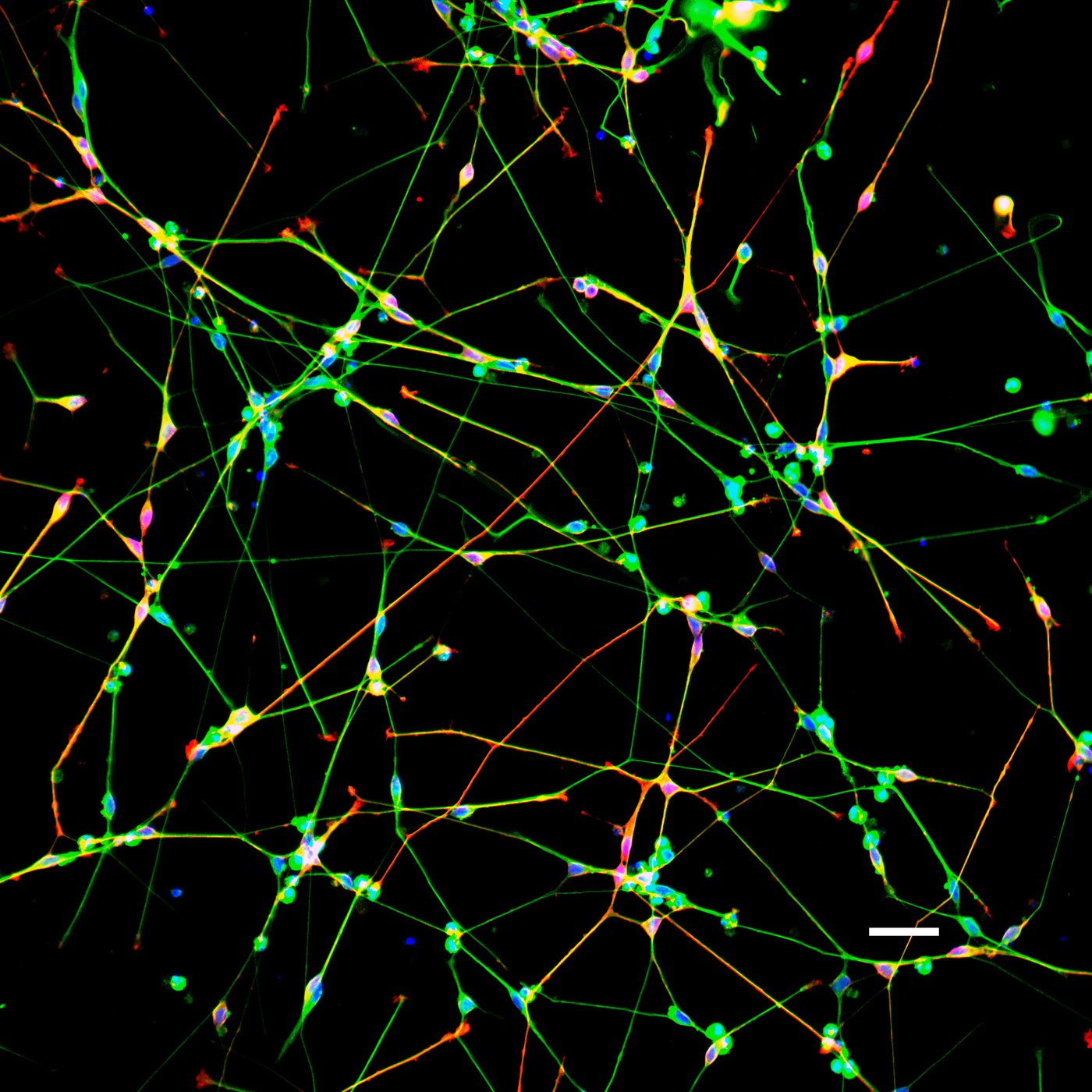
Prof. Dr. James Adjaye
Heinrich Heine University Düsseldorf
We employ pluripotent stem cells (hiPSC and hESCs) in combination with a systems biology approach to better understand normal development (hepatogenesis, nephrogenesis and neurogenesis), ageing and disease (Steatosis/Non-Alcoholic Fatty Liver Disease, Alzheimer’s Disease, Nijmegen Breakage Syndrome and Crigler-Najjar Syndrome, Acute Kidney Injury) mechanisms.
Mechanisms underlying the induction and maintenance of pluripotency and the derivation of patient specific induced pluripotent stem cells (iPSCs) differentiated into relevant cells types (2D and 3D) are core to these efforts.
Omics-based datasets (transcriptome, proteome, methylome and secretome) bioinformatics, pathway reconstruction and data management are central to our research.
We also use urine as a non-invasive source of SIX2-positive urine derived renal progenitor cells (UdRPCs) which are similar to bone marrow derived MSCs. UdRPCs can be used to study nephrogenesis and ideal for the derivation of induced pluripotent stem cells.